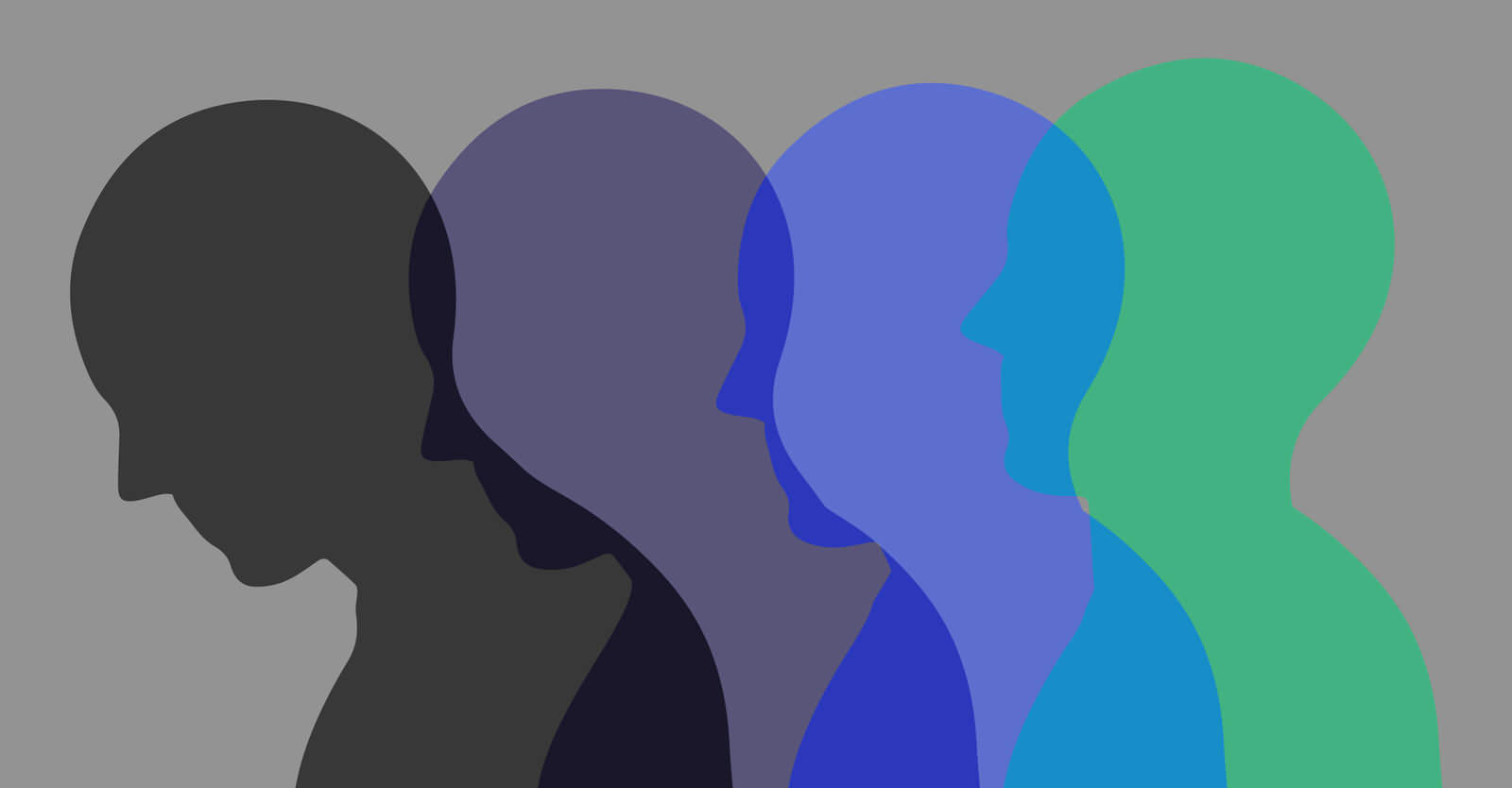People come to substance abuse treatment centers for many reasons: to satisfy court orders, save their jobs, or pacify family members—as well as overcome the negative effects of addiction. The ones that come with the intention of resolving a problem—other than their addiction—usually abandon treatment after having resolved their legal issues, meeting the requirement of their job, or having convinced their family to take them back. It is not hard to motivate them to come to treatment—they were already motivated by their own agenda. It is much harder to motivate them to engage in treatment.
Motivating people to engage in treatment demands a high level of skill from therapists and a holistic rehab approach that goes beyond just preaching to them about the benefits of not drinking and drugging. This holistic approach can only be practiced in a holistic drug rehab center environment. So, what are the distinctive features of a holistic rehab approach, and a holistic rehab center environment?
First, a holistic drug rehab approach faces addiction as a disease that has developed in response to a person’s inability to meet their core needs: to have the ability to provide food, shelter, and safety by their own resources and not be dependent on someone else; to be emotionally mature and able to manage their emotions; to attract romantic partners; to have status and be respected; to reach their human potential and become the best human being that they are capable of being.
When people are deficient in their abilities to meet their needs, they suffer from a sense of failure that leads to anxiety, depression and many other dysfunctions. In order to overcome the emotional pain that comes with these dysfunctions, these individuals turn to outside ineffective coping mechanisms, like dependency on others to soothe them and addictions. This is why only removing the ineffective coping mechanism, like addiction, leaves the person facing the original dysfunction—with its original pain—only now without the temporary relief that they found in the dependency, addiction, etc.
An optimal holistic rehab center would present to people the proposition that treatment is not only concerned with the use of drugs and alcohol, but with the whole person (therefore the term holistic). The person in treatment is then invited to explore the whole of their lives: to explore the problems for which the dependency and addiction were the perceived solution; to understand in how many ways this apparent solution backfired on them; and to explore new permanent solutions to truly meet their human core needs.
This approach can truly engage clients in treatment. Then, regardless of the reasons of why they came, they see an opportunity to discover themselves, heal their pain, and become the optimal person that they can become.

